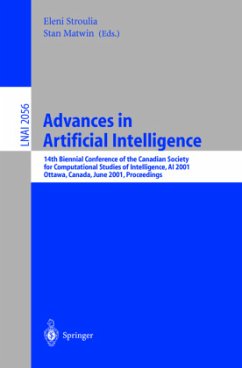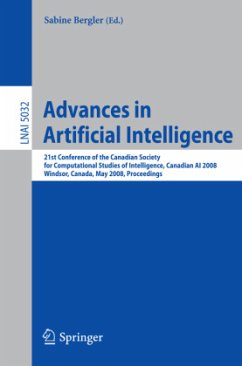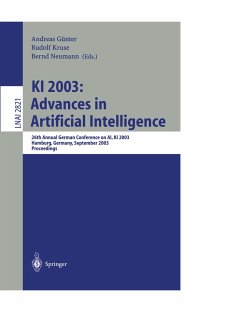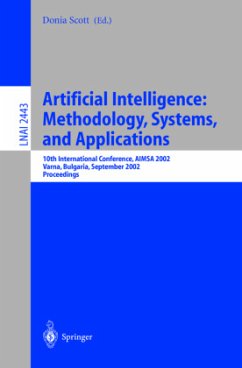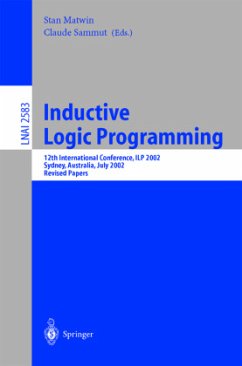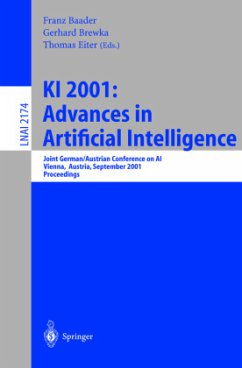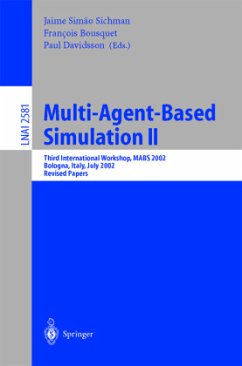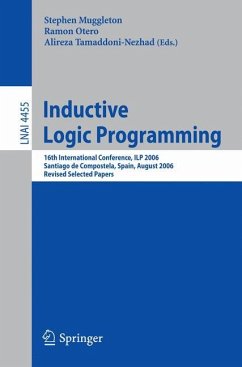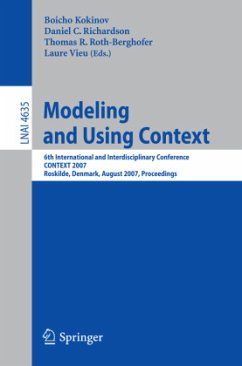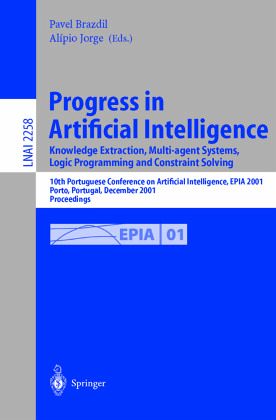
Progress in Artificial Intelligence: Knowledge Extraction, Multi-agent Systems, Logic Programming, and Constraint Solving
10th Portuguese Conference on Artificial Intelligence, EPIA 2001, Porto, Portugal, December 17-20, 2001. Proceedings
Herausgegeben: Brazdil, Pavel; Jorge, Alipio

PAYBACK Punkte
20 °P sammeln!
The tenth Portuguese Conference on Arti?cial Intelligence, EPIA 2001 was held in Porto and continued the tradition of previous conferences in the series. It returned to the city in which the ?rst conference took place, about 15 years ago. The conference was organized, as usual, under the auspices of the Portuguese Association for Arti?cial Intelligence (APPIA, EPIA maintained its international character and continued to provide a forum for p- senting and discussing researc h on di?erent aspects of Arti?cial Intelligence. To promote motivated discussions among participants, this conference stre...
The tenth Portuguese Conference on Arti?cial Intelligence, EPIA 2001 was held in Porto and continued the tradition of previous conferences in the series. It returned to the city in which the ?rst conference took place, about 15 years ago. The conference was organized, as usual, under the auspices of the Portuguese Association for Arti?cial Intelligence (APPIA, EPIA maintained its international character and continued to provide a forum for p- senting and discussing researc h on di?erent aspects of Arti?cial Intelligence. To promote motivated discussions among participants, this conference streng- ened the role of the thematic workshops. These were not just satellite events, but rather formed an integral part of the conference, with joint sessions when justi?ed. This had the advantage that the work was presented to a motivated audience. This was the ?rst time that EPIA embarked on this experience and so provided us with additional challenges.





